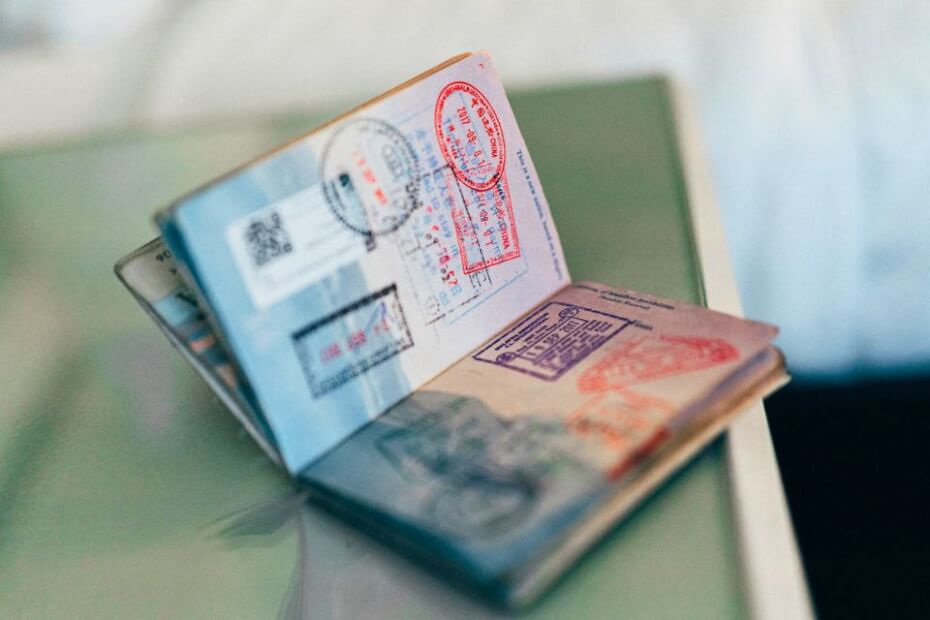
The United Kingdom (UK) is developing a fully digital immigration system, phasing out physical immigration documents and replacing them with digital immigration statuses or electronic visas (eVisa).
Physical immigration documents are biometric residence permits (BRPs) and biometric residence cards (BRCs). It also includes all passport endorsements, such as wet ink stamps and vignette stickers that prove an individual’s entry clearances and leave to enter or remain in the country.
Throughout 2024, the UK Visas and Immigration (UKVI), a division of the UK Home Office, will contact affected immigration status holders, such as skilled workers, dependents, and students, to register for a UKVI account and switch to the eVisa.
A BRC, also called a UK Residence Card, is no longer valid to prove one’s right to live, work, or rent in the country. All BRPs will expire on or before 31 December 2024, even if migrants’ immigration statuses allow them to remain in the country.
From 1 January 2025, The UKVI will no longer issue physical proof of a migrant’s immigration status and will issue eVisas instead.
Advantages of an eVisa and a unified system
An eVisa is an online record of an individual’s immigration status and the conditions of their permission to enter or stay in the UK.
Switching to an eVisa will not affect one’s current immigration status or alter the conditions of an individual’s permissions.
All migrants in the UK will need to use their UKVI account to access and prove their immigration status. A UKVI account is free, so one doesn’t have to pay to register or create an account.
With a UKVI account, migrants will be able to do the following more efficiently:
- Update personal details, such as contact and passport information
- Securely share relevant information with third parties such as employers, landlords, and banks to prove they can work, rent, and open a bank account in the country.
To share a migrant’s status, the UKVI account holder only needs to request a code and share it with employers, landlords, or banks.
The code allows third parties to access an individual’s immigration status temporarily. Each time a UKVI account holder requests a code, it will be unique and will only be valid for a specific period.
Unlike a physical document, an eVisa is more secure, with zero chance of getting stolen or tampered with.
It also eliminates extended waiting times in collecting the physical document after the decision on a migrant’s application has been provided.
However, having an eVisa may or may not require holders to provide biometric information in person.
Since an eVisa is an electronic document, migrants will not need to carry physical documents aside from their passports when traveling. It will be quicker and easier to prove their immigration status at the UK border.
Digital immigration status and travel permit
An eVisa is not an entirely new concept in the UK. It already exists by way of individuals who entered the EU Settlement Scheme (EUSS).
The EUSS is a system where citizens of the European Union (EU), the European Economic Area (EEA), and Swiss citizens and their family members may be eligible for immigration status, allowing them to remain in the UK following their departure from the EU.
Building on its success, the UK plans to transform the immigration system, providing a comprehensive solution for individuals seeking entry into the country, as well as for businesses and educational institutions.
The new immigration plan is one of the essential aspects of the Nationality and Borders Act 2022, along with introducing the new electronic travel authorization (ETA) for foreign nationals who do not need a visa to enter the UK.
The ETA implementation is already underway, with Qataris already using the new digital travel permit when traveling to the UK.
Citizens of other Gulf Cooperation Council (GCC) country members will soon use their ETA when passing through border control.
The government has been actively collaborating with global airlines, maritime companies, and rail providers, who play an instrumental role in successfully implementing the system.
By 2024, all travelers who do not currently need a visa for short stays and transit through the UK will need an ETA before being allowed entry into the country.


Leave a Reply